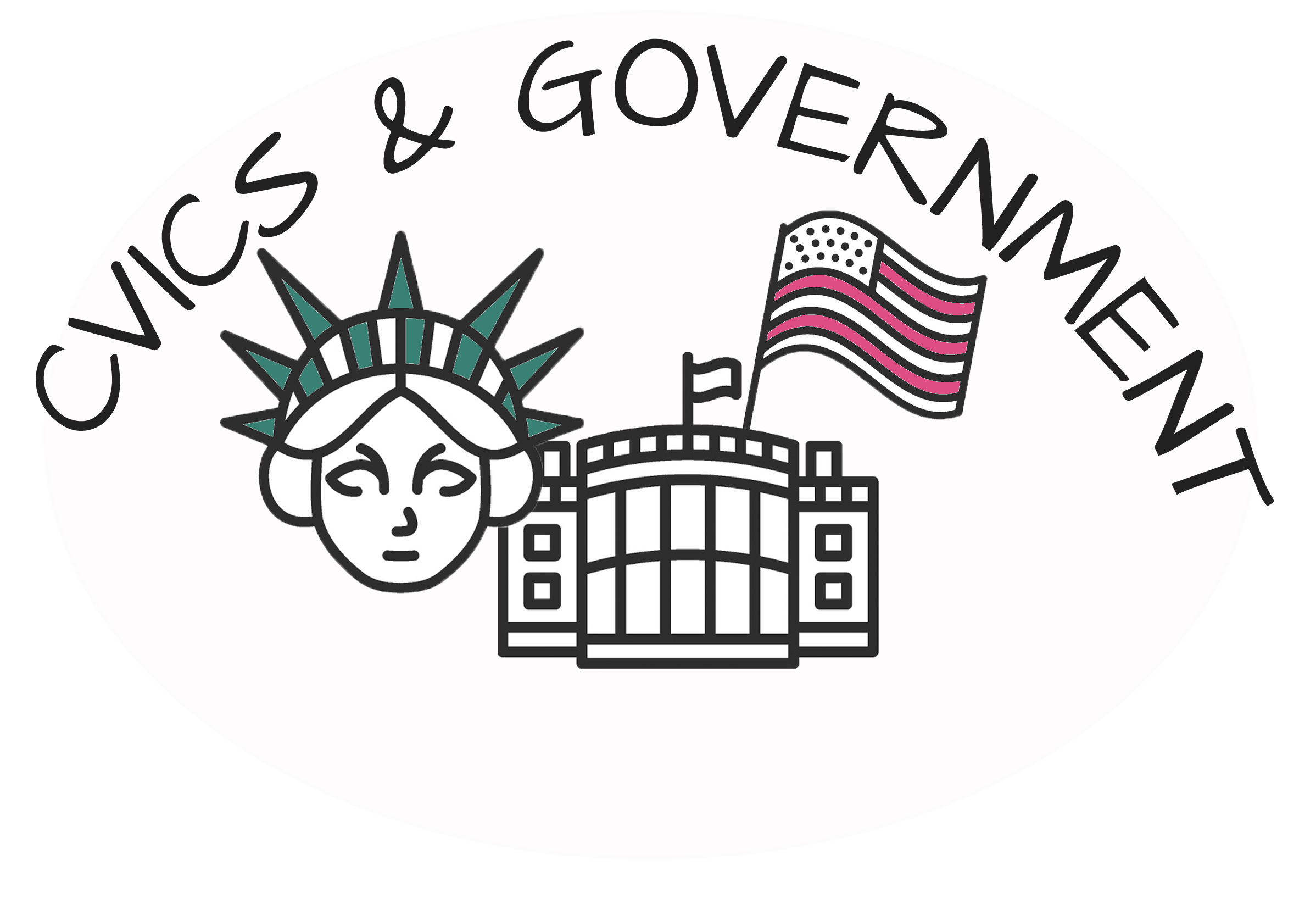As homeschooling families, we sometimes feel the effects of government legislation more than other families. Our rights as parents to protect, instruct, form, and educate our children are among our most treasured. Our children should be given the opportunity to understand our government, where it comes from, what its job is, and what our role as citizens should be.
My government classes involve much discussion as it is crucial for students to understand the concepts studied.
.
SCOPE
I will give homework, typically short answers, and give a test for each work studied. Each class will have a written final exam or final project.
CREDIT
High School U.S. Government and Constitutional Literacy counts as a full-year Government/Economy credit.
US GOVERNMENT AND
CONSTITUTIONAL LITERACY AND ECONOMY
In this class, students will explore and compare different types of world governments. We’ll start with the history behind the Declaration of Independence, the Articles of Confederation, and other key events and documents that led to the creation of the United States Constitution.
Next, we’ll dive into the Constitution itself, beginning with the Bill of Rights. Students will study and discuss each amendment in depth, examining their relevance to modern citizens and cultures.
Along the way, we’ll explore the roles of the president and other government officials, debates about government overreach, and related topics. Finally, we’ll look at how other forms of government around the world differ from the system in the United States.
Additionally, students will gain a working knowledge of US and world economy.
This class uses the textbook and video lessons from Constitutional Literacy by Michael Farris in addition to the curriculum from Beryl Morgan.
THE US GOVERNMENT
Grades 6-8
In this class, students will explore the U.S. Government in depth. We’ll compare our constitutional republic to other forms of government and discuss why the Founding Fathers chose this system.
Students will learn about the branches of federal and local government, how they work together, and the roles and responsibilities of key positions and offices. We’ll cover how these officials are appointed or elected, as well as the purpose and jurisdiction of law enforcement agencies.
Topics will include the election process, how laws are made, and the relationship between the economy and legislation. We’ll also examine why some states are called commonwealths or republics.
Students will have weekly homework, tests after each topic, and will complete a final project to cap off the year.
YOUR UNITED STATES
Grades 4-6
In this hands-on civics class, students will create an interactive notebook project while exploring the basics of U.S. government and citizenship.
We’ll learn what it means to be a good citizen, talk about voting, and even hold a mock election! Along the way, students will discover facts about the 50 states, U.S. Presidents, and the three branches of government.
We'll also explore how ideas become laws and dive into the history and roles of each branch of the U.S. military.
It’s a creative, fun introduction to American civics—designed to inform and inspire!

